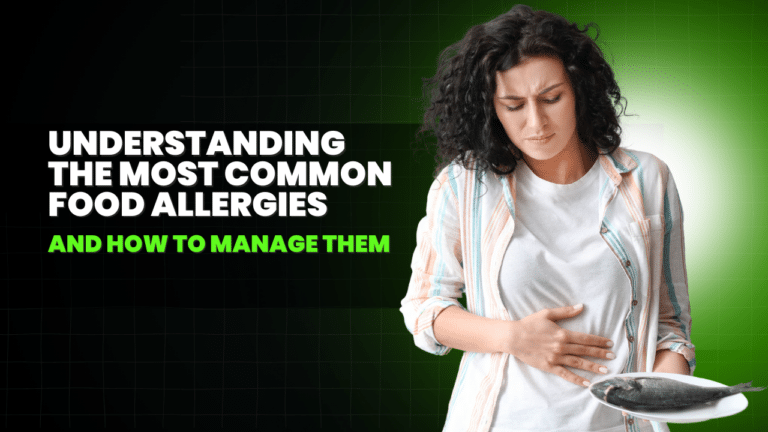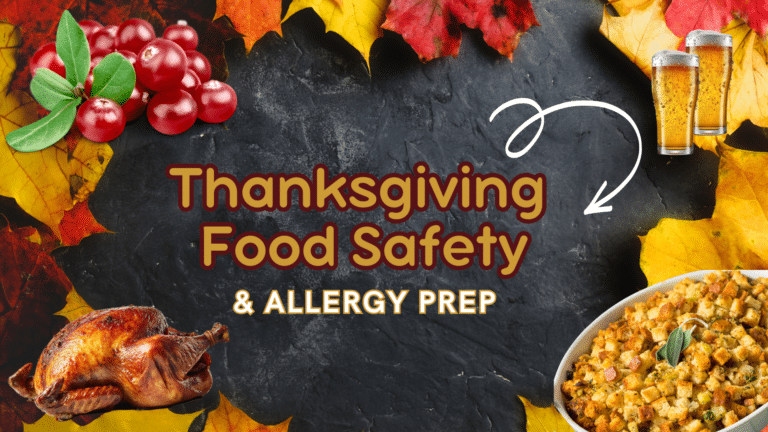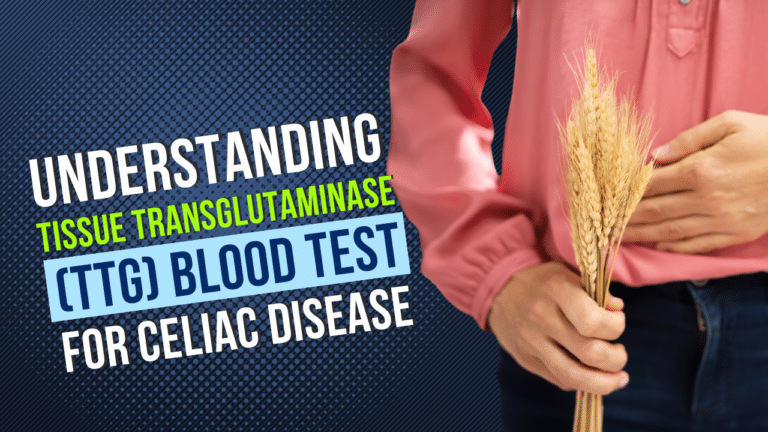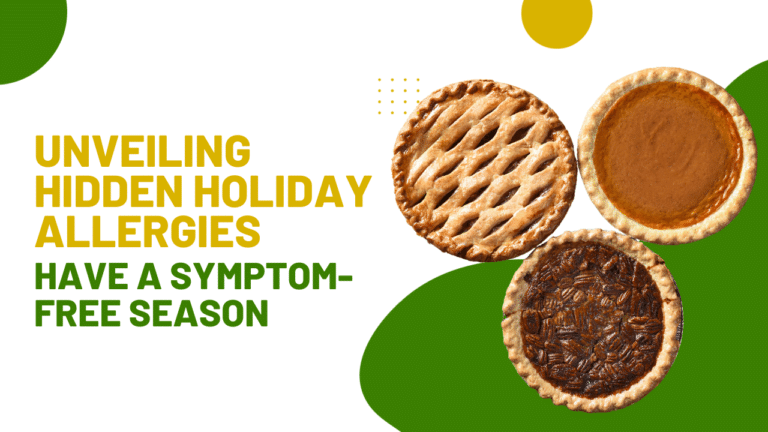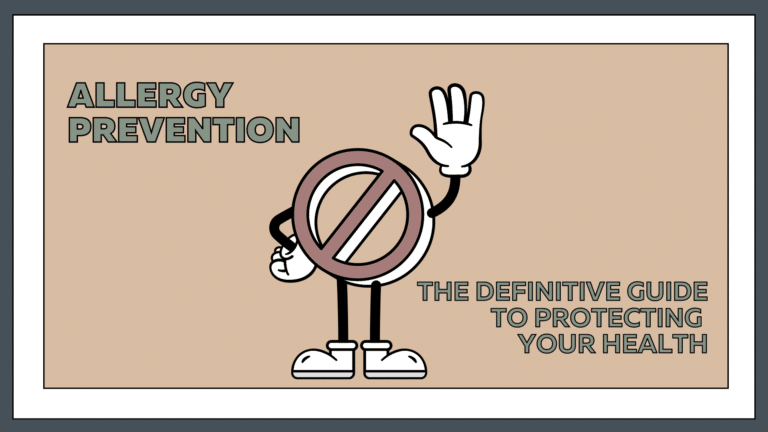Managing food allergies extends far beyond avoiding trigger foods and carrying emergency medications. For families navigating this complex health challenge, building a robust support network becomes essential for emotional well-being, practical guidance, and long-term success. A comprehensive support system that includes healthcare professionals, peer communities, and advocacy organizations can transform the overwhelming experience of food allergy management into one of empowerment and confidence.
The Role of Support Networks
When families first receive a food allergy diagnosis, the initial response often involves feelings of isolation, anxiety, and uncertainty about the future. Support networks serve as crucial lifelines during these challenging times, providing both emotional relief and practical strategies that make daily life more manageable. Research consistently shows that families engaged with support communities experience reduced stress levels and develop more effective coping mechanisms for handling allergy-related challenges.
The power of shared experience cannot be understated. Parents who connect with others facing similar challenges find validation for their concerns and discover that their fears and struggles are normal parts of the food allergy journey. These connections help families move from survival mode to thriving, as they learn from others who have successfully navigated school accommodations, social events, and emergency preparedness. The collective wisdom found within these communities often provides solutions that individual families might never discover on their own.
Local and National Support Groups
Finding the right support group begins with understanding the various options available at both local and national levels. Local communities often provide the most immediate and practical support, offering face-to-face connections with families in similar geographic areas who share common challenges like specific schools, restaurants, and healthcare providers. Many cities and regions host regular meetings, family events, and educational sessions that create lasting friendships and support systems.
Discovering Local Communities
FARE’s comprehensive support group locator serves as an invaluable resource for families seeking local connections. This searchable database helps identify both in-person and virtual groups across the United States, making it easy to find communities that match specific needs, age groups, or allergen types. Local support groups often understand regional challenges unique to their area, such as specific pollen-food cross-reactions that might be more prevalent in certain climates or local restaurant chains that have particularly good or challenging allergy protocols.
National Organizations Leading the Way
Several prominent national organizations coordinate extensive support networks while simultaneously advancing research and advocacy efforts. Food Allergy Research & Education (FARE) stands as the largest private funder of food allergy research, while also maintaining extensive educational resources and community programs. The Food Allergy & Anaphylaxis Connection Team (FAACT) focuses heavily on education and support, offering webinars, educational materials, and connection opportunities for families nationwide.
The American Academy of Allergy, Asthma & Immunology (ACAAI) provides professional medical guidance alongside patient resources, ensuring that support groups have access to the latest clinical recommendations. The Asthma and Allergy Foundation of America (AAFA) combines advocacy efforts with practical support, working on policy changes while simultaneously helping families navigate daily challenges.
Specialized Support Communities
Some organizations serve specific populations within the food allergy community. Mothers of Children Having Allergies (MOCHA) provides targeted support for parents, offering both emotional support and practical guidance for managing children’s allergies. These specialized groups often address unique concerns that might not be covered in broader support communities, such as the specific challenges of managing multiple food allergies or supporting teenagers as they transition to independent allergy management.
Online Communities and Resources
Digital platforms have revolutionized how food allergy families connect and share information. Online forums, social media groups, and virtual meetups provide 24/7 access to support, making it possible to get advice during late-night allergy scares or find encouragement before challenging social situations. These platforms are particularly valuable for families in rural areas where local support groups might not be readily available.
Support groups offer diverse programs including webinars, lectures, social events, and resource sharing specifically tailored to different age groups and life stages. Virtual support meetings have become increasingly sophisticated, often featuring guest speakers, interactive workshops, and breakout sessions that allow for more intimate conversations among participants with similar concerns.
Online communities excel at providing real-time support during crisis situations. When a family faces an unexpected allergic reaction or needs immediate advice about reading a confusing food label, these digital networks can provide instant guidance from experienced families who have faced similar situations. The convenience and accessibility of online support make it an ideal complement to in-person relationships, ensuring that families have access to support whenever they need it most.
For families working to stay informed about their allergy status and treatment options, confidential allergy testing through services like Walk-In Lab can provide the current information needed to make informed decisions and engage meaningfully in support group discussions with both peers and healthcare providers.
Healthcare Professional Involvement
The most effective support groups incorporate healthcare professionals to ensure that shared information remains accurate, safe, and current with medical best practices. Healthcare professionals in support groups enhance information reliability, fostering safer allergy management through evidence-based guidance that complements peer support with clinical expertise.
Medical Professional Participation
Allergists, dietitians, and social workers frequently participate in support group activities, offering medical perspectives on treatment options, dietary management, and coping strategies. These professionals help distinguish between helpful anecdotal experiences and advice that might not be appropriate for all families. Their presence ensures that support groups remain sources of accurate information rather than potentially harmful misinformation.
Registered dietitians specializing in food allergies provide invaluable guidance on nutrition, meal planning, and safe food preparation. They help families ensure that allergen avoidance doesn’t compromise nutritional needs, particularly important for growing children with multiple food allergies. Social workers and mental health professionals address the emotional and psychological aspects of food allergy management, helping families develop resilience and coping strategies that support long-term well-being.
Integrating Clinical Support
Recent advances in food allergy care have emphasized the importance of integrated support that combines medical treatment with behavioral health services. Many leading medical centers now include social workers and behavioral health specialists as part of their food allergy clinic teams, recognizing that successful allergy management requires addressing both physical safety and emotional well-being.
This integrated approach helps families develop comprehensive management strategies that address not only emergency preparedness and allergen avoidance but also stress management, communication skills, and advocacy techniques. When support groups maintain connections with healthcare providers, families benefit from both peer wisdom and professional expertise, creating a more complete support system.
Advocacy and Policy Support
Support networks extend beyond individual family assistance to include broader advocacy efforts that create systemic changes benefiting the entire food allergy community. These advocacy initiatives work to improve labeling regulations, increase epinephrine accessibility, and enhance awareness in schools, workplaces, and public spaces. Families who engage with advocacy efforts often find that contributing to broader change provides additional purpose and empowerment in their allergy journey.
Current Policy Initiatives
Food allergy advocacy organizations continue pushing for improved policies regarding allergen labeling, ensuring that families have clear, consistent information to make safe food choices. These efforts include advocating for better regulation of precautionary labeling (such as “may contain” warnings) and improved ingredient disclosure requirements that help families identify hidden allergens in processed foods.
Epinephrine access remains a critical advocacy focus, with organizations working to expand laws allowing epinephrine administration in schools, improve insurance coverage for auto-injectors, and increase availability in public spaces like restaurants and airports. These policy changes directly impact daily life for food allergy families, making public spaces safer and more inclusive.
Community Involvement Opportunities
Families can contribute to advocacy efforts in various ways, from participating in awareness campaigns to sharing their stories with legislators. Many support groups organize advocacy days, letter-writing campaigns, and community education events that allow families to make meaningful contributions to policy change while connecting with others who share their commitment to improving food allergy safety.
The growing membership in food allergy advocacy organizations reflects increasing awareness and engagement within the community. This growth strengthens the collective voice advocating for policy changes and demonstrates to legislators and policymakers that food allergy issues affect a significant and engaged population.
Behavioral and Emotional Support
Food allergies create unique emotional challenges that extend throughout the family system. Children with food allergies may experience anxiety, social isolation, or bullying, while parents often struggle with hypervigilance, guilt, or relationship stress related to safety concerns. Community programs address school accommodations, bullying prevention, travel safety, and emergency preparedness to promote quality of life and reduce family anxiety.
Addressing Common Emotional Challenges
Support groups provide safe spaces for families to discuss difficult emotions without judgment. Parents can share their fears about sending children to school or attending social events, while learning practical strategies for managing anxiety while maintaining appropriate safety precautions. These discussions help normalize the emotional aspects of food allergy management and provide validation for feelings that families might otherwise struggle with alone.
Children and teenagers benefit from connecting with peers who understand their experiences. Youth support groups help young people develop confidence in managing their allergies independently while learning to advocate for themselves in social situations. These connections can be particularly important during adolescence, when peer acceptance becomes increasingly important and food allergies might feel like barriers to normal social experiences.
Building Resilience and Coping Skills
Effective support programs focus on building resilience rather than simply managing problems. Families learn to develop confidence in their ability to handle challenges, celebrate successes in allergy management, and maintain perspective about their situation. This positive approach helps families move beyond survival mode to develop thriving, fulfilling lives that happen to include food allergy management.
Support groups often share strategies for handling specific challenging situations, such as navigating birthday parties, school field trips, or restaurant dining. These practical solutions, combined with emotional support, help families feel prepared and confident rather than anxious and avoidant.
Practical Steps for Families
Building an effective support network requires intentional effort and strategic planning. Families should begin by identifying their specific needs and preferences, considering factors like geographic location, children’s ages, specific allergens, and communication preferences. Some families thrive in large, active groups, while others prefer smaller, more intimate communities.
Getting Started with Support Groups
Begin by using online locator tools to identify potential groups in your area or that serve your specific needs. FARE’s support group finder provides comprehensive listings, but don’t overlook smaller local organizations or specialized groups that might not appear in national databases. Many hospitals, allergy clinics, and community centers also host or sponsor support groups.
Attend several different groups or online communities to find the best fit for your family’s needs and personality. Each group has its own culture and focus areas, so finding the right match might require some exploration. Don’t be discouraged if the first group you try doesn’t feel like the perfect fit – the right community is worth the effort to find.
Maintaining Healthcare Provider Partnerships
Work with your healthcare providers to identify recommended support resources and ask for referrals to groups that align with your medical team’s approach to allergy management. Many allergists and pediatricians have relationships with local support groups and can provide valuable recommendations based on their experience with other families.
Regular allergy testing helps ensure that your understanding of your family’s allergy status remains current and accurate. This information becomes valuable when participating in support group discussions and making decisions about treatment options and safety strategies. Walk-In Lab’s convenient testing options make it easier to stay informed about allergy status without the scheduling challenges often associated with traditional medical appointments.
Staying Engaged and Contributing
Active participation in support communities provides the greatest benefits for families while also contributing to the strength of the community as a whole. Consider volunteering for group activities, sharing your experiences with newer families, or contributing your professional skills to help with group administration, fundraising, or educational activities.
Remember that support needs may change over time as children grow, family situations evolve, or allergy management becomes more or less challenging. Stay open to exploring different types of support and don’t hesitate to modify your engagement level based on your family’s current needs.
FAQ Section
Where can I find food allergy support groups?
FARE’s website provides a searchable database for locating both local in-person groups and online communities throughout the United States. Additionally, many hospitals, allergy clinics, and community centers host their own support groups that may not appear in national databases.
What benefits do support groups provide?
Support groups offer emotional validation, practical education about allergy management, advocacy opportunities, resource sharing, and community connections that significantly reduce family anxiety. Members often report feeling less isolated and more confident in their ability to manage food allergies safely.
Are healthcare professionals involved in support groups?
Many effective support groups include allergists, registered dietitians, and social workers who provide accurate medical guidance and ensure that shared information aligns with current clinical best practices. This professional involvement helps distinguish between helpful peer experiences and advice that might not be appropriate for all families.
How do support groups help with school challenges?
Support groups provide guidance on securing appropriate school accommodations, developing emergency action plans, addressing bullying concerns, and educating school staff about food allergy management. Experienced families often share successful strategies for working with schools and advocating for children’s safety needs.
Which national organizations lead food allergy advocacy?
Food Allergy Research & Education (FARE), Food Allergy & Anaphylaxis Connection Team (FAACT), Asthma and Allergy Foundation of America (AAFA), and American Academy of Allergy, Asthma & Immunology (ACAAI) represent the leading national organizations providing support, education, research funding, and policy advocacy for the food allergy community.
Conclusion
Building a comprehensive support network transforms the food allergy journey from one of isolation and anxiety into an experience of community, empowerment, and hope. Through connections with healthcare professionals, peer communities, and advocacy organizations, families gain access to both practical guidance and emotional support that makes daily management more successful and less stressful.
The combination of professional medical expertise, shared peer experiences, and ongoing advocacy efforts creates a robust foundation for long-term success in food allergy management. Families who invest in building strong support networks often find that they not only receive valuable assistance but also discover opportunities to contribute meaningfully to their communities and help other families facing similar challenges.
Remember that managing food allergies is not a journey that families need to navigate alone. With hundreds of support groups nationwide, extensive online communities, and dedicated advocacy organizations, resources and support are readily available to help ensure both safety and quality of life for families living with food allergies.
This article is for informational purposes only and not a substitute for professional medical advice. Always consult with qualified healthcare providers for personalized guidance on food allergy management and treatment decisions.

